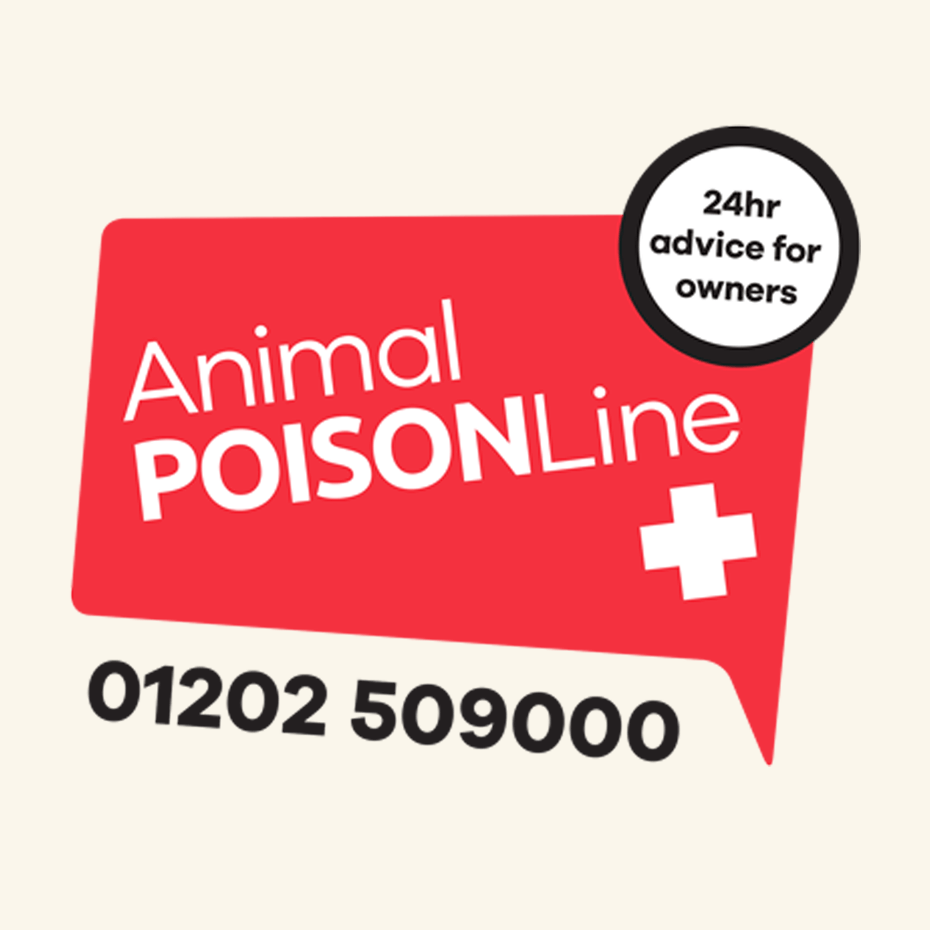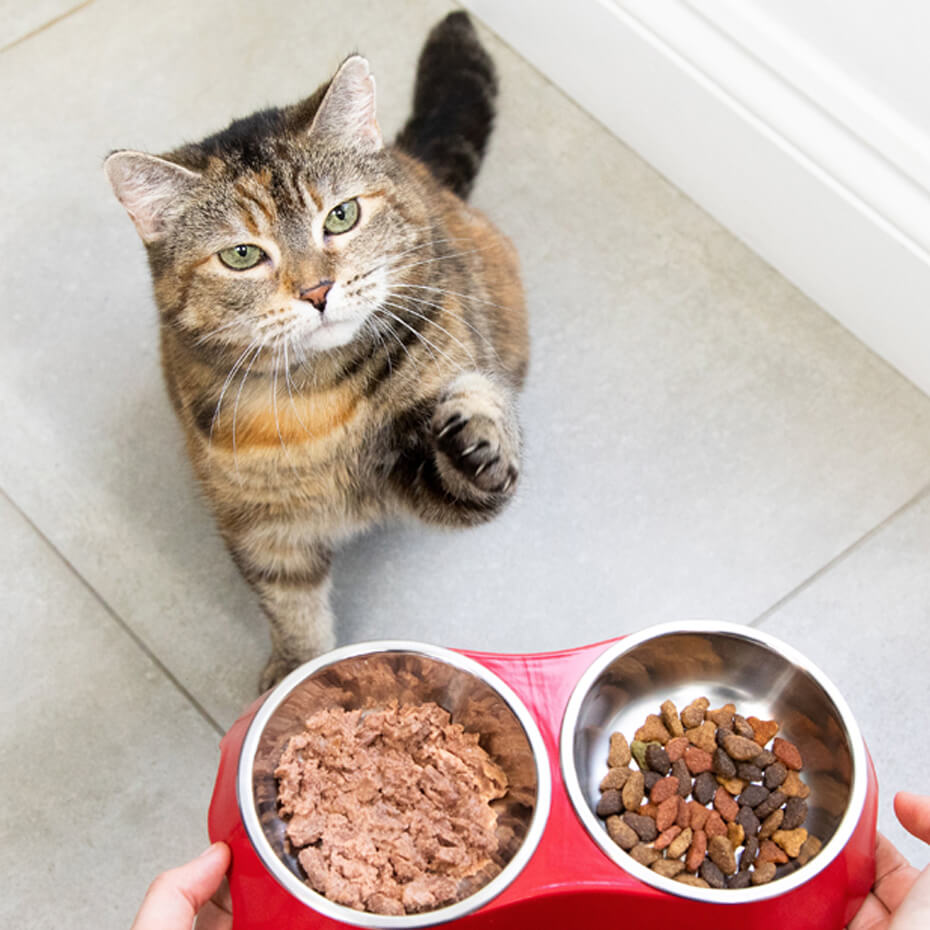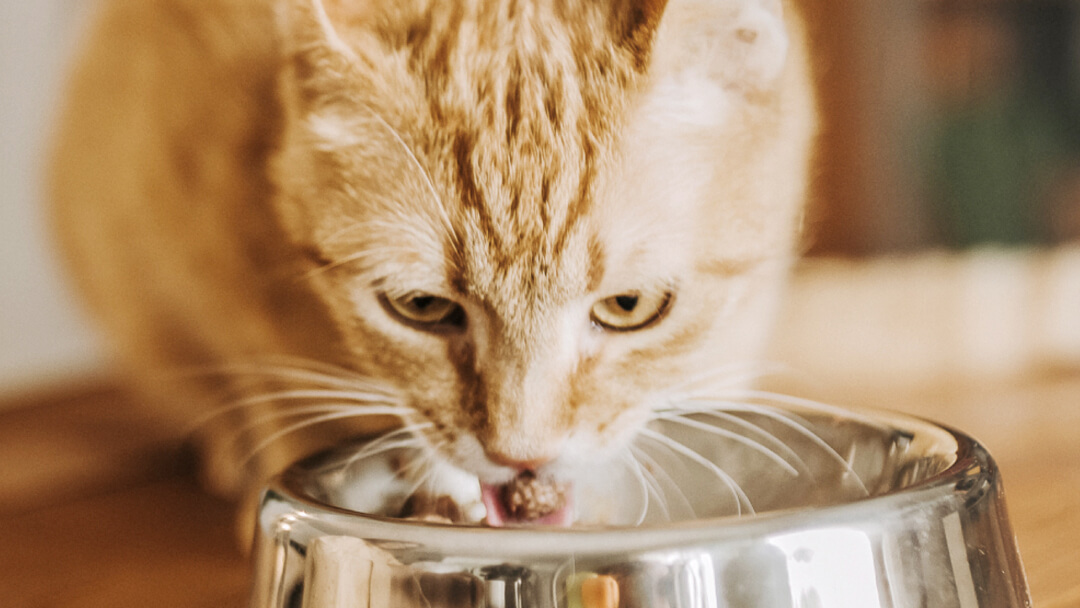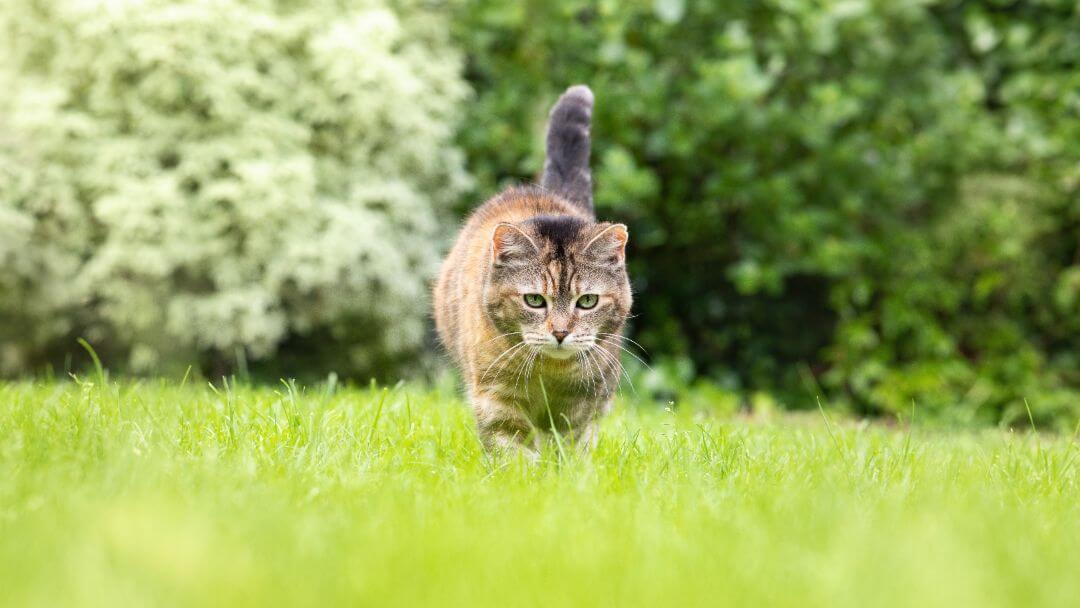
Eggs are nutritious, they taste great no matter how we prepare them, and they bind many of our favourite recipes together. It’s unbelievable how many things we can do with just a humble little egg, but is it a good idea to feed this tasty food to our cats too?
If you are one of the many owners about to give in to their cat’s pleading eyes and offer them a bite of egg for breakfast, but you’re still pondering the question ‘can cats actually eat eggs?’, here are all the answers you need to know about cats and eggs.
Can cats eat eggs?
The short answer is yes, cats can eat eggs, but only in moderation and always cooked. However, keep in mind that even though eggs come packed with nutrients, their high fat content can be detrimental if you’re trying to help your cat lose weight. If you’re considering introducing eggs to your cat’s diet, make sure to check with your vet first to make sure you’ll still keep your feline friend healthy.
In general, it’s best not to feed too much egg to your cat, as this may make them eat less of their complete and balanced diet that contains the beneficial nutrients they need. It’s therefore always best to offer eggs in moderation, as an occasional treat. Rather than feeding a whole egg at once, just feed a small piece of egg alongside their normal food.
Egg allergy in cats: is it real?
Food allergies often seem to pop up out of nowhere, and pets can develop allergies or intolerances even to ingredients they’re familiar with. Although egg allergies don’t tend to affect cats that often, it is entirely possible for your pet to experience a reaction after enjoying a seemingly harmless bite of scrambled eggs.
Keep an eye out for symptoms of egg allergy in cats. These are the most common ones:
- Excessive grooming
- Itchy skin
- Vomiting
- Diarrhoea
If you notice any of these symptoms, discuss them with your vet. If eggs turn out to be the culprit for your cat’s discomfort, make sure you avoid feeding them in the future.
Can cats eat raw eggs?
No, it is not recommended to offer your cat raw eggs. Although this might seem a bit counterintuitive given the feline predilection to wreak havoc on birds’ nests and whatever they find inside, there are a few good reasons why raw eggs should not be part of your pet’s diet.
Eating raw eggs increases the risk of bacterial infection, as raw eggs might contain E. coli and Salmonella. By cooking the eggs you’re making sure the harmful bacteria are destroyed, so they won’t pose a threat to your pet. These bacteria can also infect us humans, which is yet another reason why it’s best to be on the safe side and minimise risk by avoiding feeding your cat raw eggs.
Another reason to cook eggs before offering them to your pet is that raw egg whites contain a protein called avidin. This can disrupt the absorption of biotin, which is a vitamin important for maintaining a healthy skin and coat. Eating too much avidin over time could potentially cause biotin deficiency, which can be a health concern for your pet. The best rule of thumb when it comes to eggs for cats is that cooked is always better than raw.
Can cats eat scrambled eggs
Yes, cats can enjoy the occasional piece of scrambled egg added on top of their usual cat food. Eggs are full of nutrients and, most importantly, fit in with the feline diet of mostly animal protein. As long as you avoid adding any seasoning and don’t cook the eggs with fats, oils, garlic or onions, your cat should be able to enjoy a small amount of scrambled egg every once in a while.
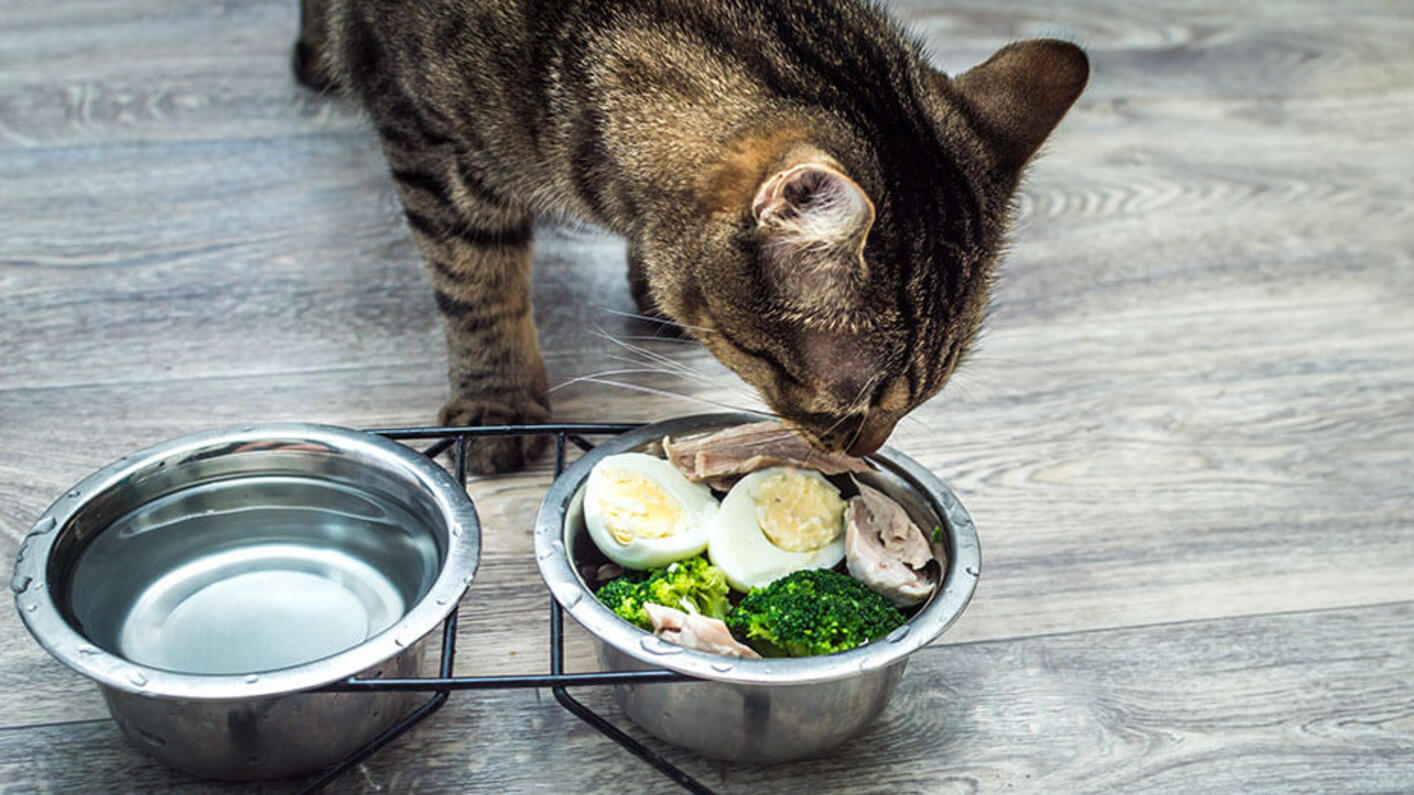
Can kittens eat eggs?
Kittens can also enjoy the occasional piece of nutrient-packed egg, either hard boiled or scrambled. As long as you’ve got the go-ahead from the vet, you avoid adding extra ingredients such as cheese, garlic or salt, and you make sure the eggs are thoroughly cooked to avoid bacterial infections, eggs can make a good treat for a growing kitten.
Want to know what other human foods cats can eat? Check out our handy article.

